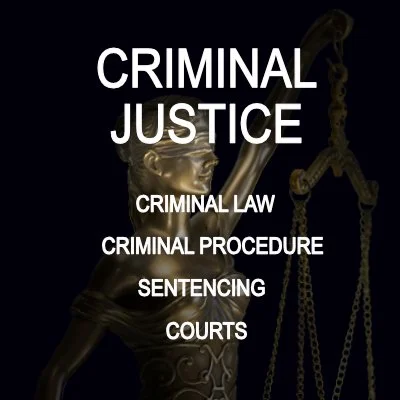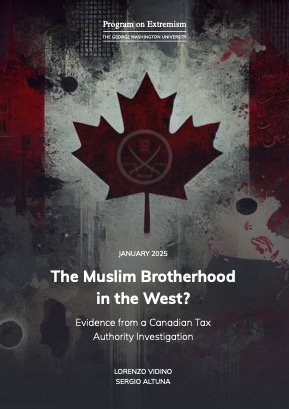By Lorenzo Vidino, Sergio Altuna
In December 2015, the Canada Revenue Agency (CRA), the Canadian federal government tax authority, opened an audit of the Muslim Association of Canada (MAC), the largest grassroots Muslim charity in Canada. MAC is a very influential actor within Canada’s organized Muslim community and is open about being a Muslim Brotherhood legacy group, admitting it was founded by individuals linked to the Brotherhood and is inspired by the group’s ideology. The CRA initiated its investigation with a comprehensive review of more than one million financial transactions and 415,874 emails. In doing so, it alleged multiple areas of MAC’s suspected non-compliance with Canada’s Income Tax Act and related regulations. Aside from various alleged irregularities related to accounting and funding matters, the CRA opened its inquiry on suspicion that MAC had advanced “unstated non-charitable collateral purposes,” namely the advancement of the Muslim Brotherhood organization. The CRA, argued further that MAC was not merely inspired by the ideas of Hassan al-Banna and the Muslim Brotherhood, as it stated, but that it regularly conducted a multiplicity of activities clearly aimed at furthering the goals of the Muslim Brotherhood as an organization. Doing so is a violation of the requirement established by Canadian law for entities that are registered as charities. The CRA went on to substantiate its decision with hundreds of pages that summarized the ample evidence it collected during the audit. In substance, it argued that three overlapping elements indicated that MAC acted as part of the organization of the Muslim Brotherhood: 1. Numerous key MAC leaders were actively involved in activities of the Egyptian Muslim Brotherhood, having occupied senior position in the Freedom and Justice Party and later in the government of Mohammed Morsi; 2. Several MAC leaders had key roles in Canadian-based organizations that openly supported the Egyptian Muslim Brotherhood and allowed them to use MAC’s premises for free; 3. Members of the Egyptian and other Middle Eastern branches of the Muslim Brotherhood could almost automatically become members of MAC upon transferring to Canada and vice versa. The CRA concluded its report by stating that “the audit found that the Organization appears to conduct and support activities that further the advancement of the Muslim Brotherhood organization.” That means that, according to the CRA, MAC has not operated exclusively for charitable purposes, and the agency therefore assessed that “there may be grounds for revocation of the charitable status of the Organization.” This report takes no position on the CRA audit and its case against MAC. However, the investigation and the evidence uncovered during the process are useful and arguably surprising to anybody studying the Muslim Brotherhood in the West. It is neither unexpected not unprecedented that many top leaders of MAC served in the Morsi government in Egypt and were actively involved in proBrotherhood organizations in Canada. What sets the CRA's findings apart is the indication of a greater level of coordination, with constant communication and requests for action coming from the East towards their counterparts in the West —or, as the CRA refers to it, “authority over.” Even more surprising and telling is the ease in membership transfer from Middle Eastern branches of the Brotherhood to MAC and vice versa, a process resembling that of a student transferring from one campus to another within the same university system. As the CRA put it, “It is not entirely clear how the Organization, which purports to be entirely Canadian based with no foreign activities, is able to transfer membership to and from foreign organizations.” Whether these findings are limited to MAC and Canada, or indicative of broader trends across Western countries, remains an open question. Nonetheless, the evidence emerging from the Canadian investigation is unquestionably an important addition to a more complete understanding of how the Muslim Brotherhood in the West works.
Washington DC: Program on Extremism THE GEORGE WASHINGTON UNIVERSITY , 2025. 25p



